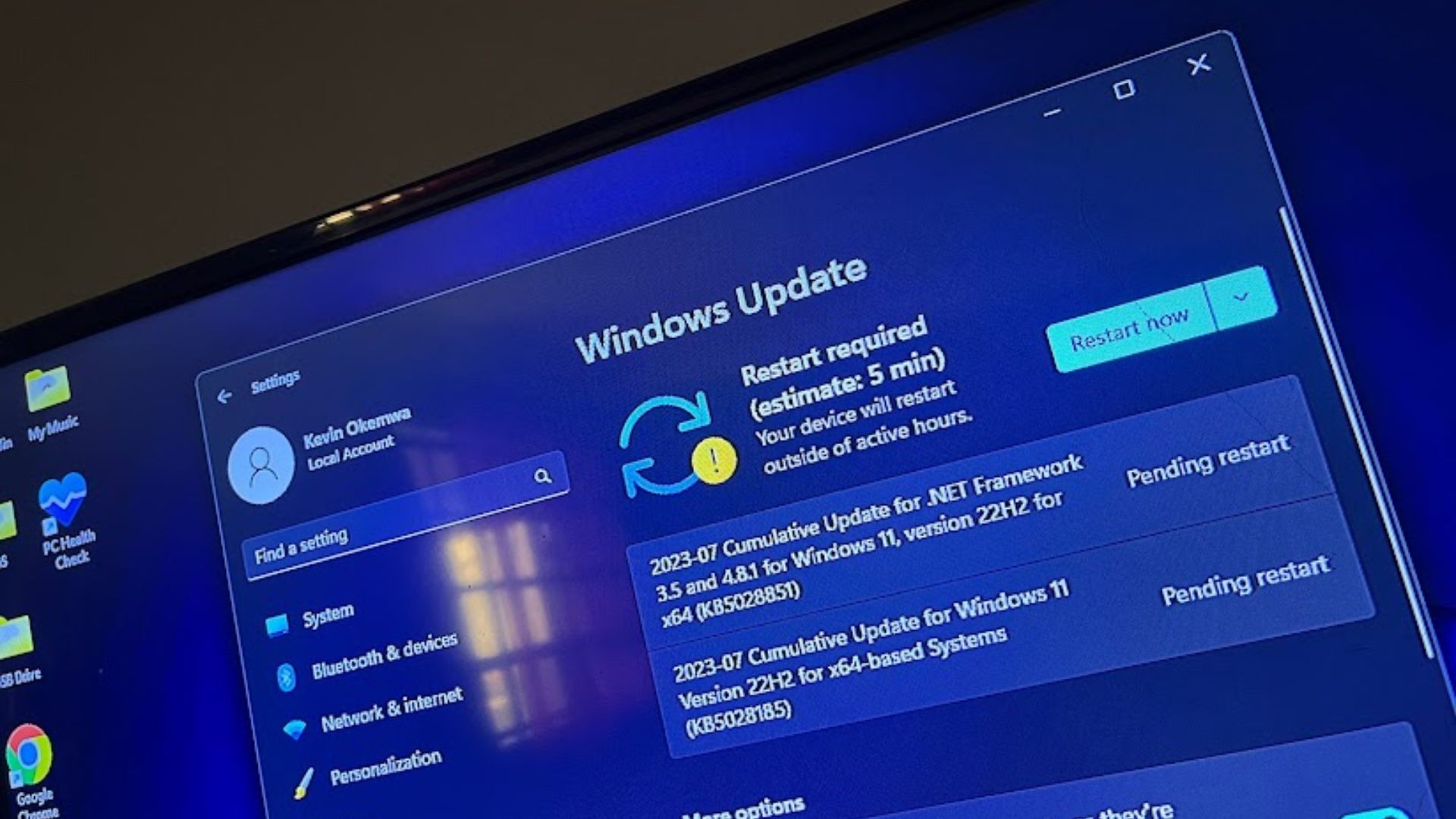
What you need to know
- Microsoft announced several new AI features shipping to Windows 11 in June, including Live Captions and Recall.
- The latter sees everything you do on your PC and takes screenshots that are stored locally on your device. Though it is enabled during the out-of-box-experience (OOBE), you can turn it off manually, set limits, exclude apps, and more.
- Microsoft promises the feature is 100% privacy-focused and won't be used to train its AI models since it runs on-device NPU.
- The UK data watchdog is investigating the new feature to determine the safeguards in place to protect user privacy.
Microsoft announced a host of next-gen AI features shipping to Windows 11 in June at its just-concluded special Windows and Surface event, including Windows Studio Effects, Live Captions, and perhaps the most interesting, Recall.
But before getting into this, Microsoft categorically indicated that these special features are shipping exclusively to the new era of Windows PCs, Copilot+ PCs. This is predominantly because the features require a neural processing unit (NPU) with up to 40TOPS power to run efficiently. There's no ETA when the features will hit traditional Windows 11 PCs.
Security and privacy concerns have been swirling since Microsoft announced its Black Mirror episode-like AI feature shipping to Windows 11 in June. For context, the new Recall feature practically sees everything you do on your PC and takes snapshots for future reference.
Microsoft guarantees the feature is 100% privacy-focused, with the screenshots stored locally on your device. What's more, the company confirmed it won't use the data accessed by the AI-powered feature to train its models. Some are assuming Recall is on by default. This has not yet been confirmed, especially since new Copilot+ PCs will have an out-of-box experience (OOBE) that likely walks the user through the process, letting them enable it, just like OneDrive. The same could apply to OS upgrades later this fall.
It's worth noting users will determine how long they'd like the snapshots stored in their device in the dedicated sisk space.
Raising more privacy concerns than Copilot even before launch
Going by social media reactions, the new AI Recall feature for Windows 11 has been received with mixed feelings. Some avid Windows users have even indicated this might be the last straw, highlighting their plans to transition to Linux amid privacy concerns.
Billionaire Elon Musk echoed similar sentiments, indicating that he'd turn off the feature once it ships while comparing it to a "Black Mirror" episode. The security and privacy concerns spread far beyond users, as the UK data watchdog is also onto Microsoft.
According to BBC, the regulator is "making inquiries with Microsoft to understand the safeguards in place to protect user privacy" over its new AI feature, which can see everything on your computer and store data for future reference. While it's viewed as a "privacy nightmare," Microsoft will ship it to Windows 11 as an optional experience, maintaining its core privacy and security values.
As highlighted above, the data collected by the feature will be stored locally on the device, limiting access to the device's owner. This will act as a preventative measure that will keep hackers at bay. Essentially, to gain access, you'll need physical access to the device and go through the sign-in process.
While speaking to CNN, a Professor of AI at the University of Maryland with a bias in privacy, Jen Golbeck indicated:
"Stuff may stay on your device, but that doesn't mean people can't get to it. You won't have an option to protect yourself even if you use incognito mode or clear your history because the tool has access to everything that's been on your screen."
What stands out the most is that users aren't completely opposed to using the feature but are rather looking forward to its shipping to confirm its privacy and safety features.







